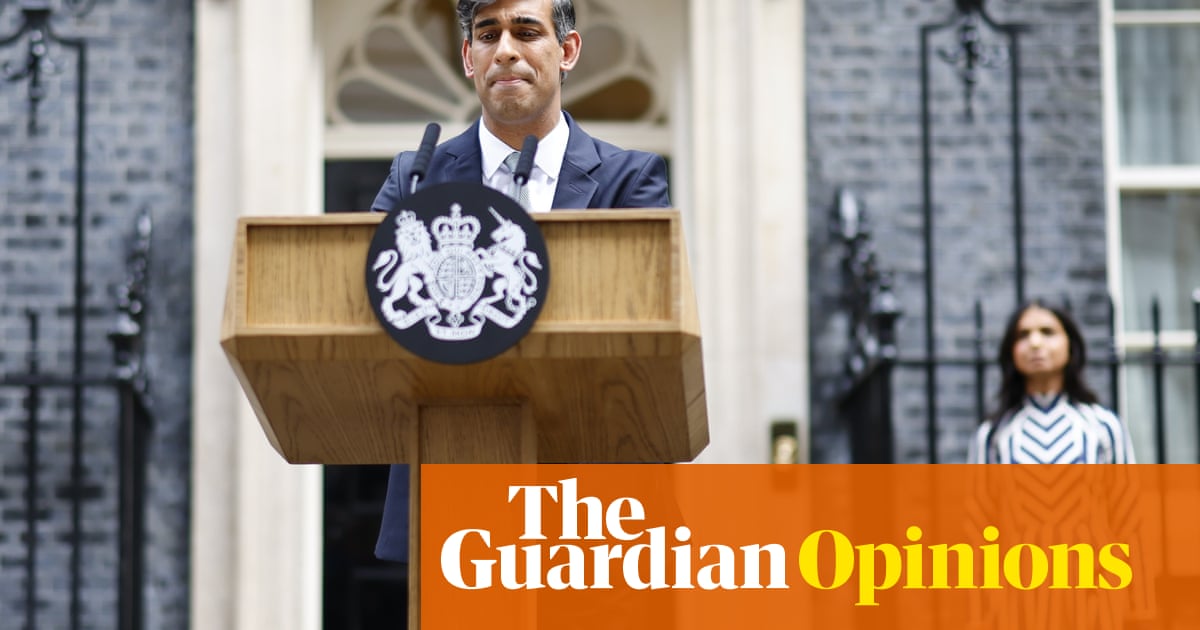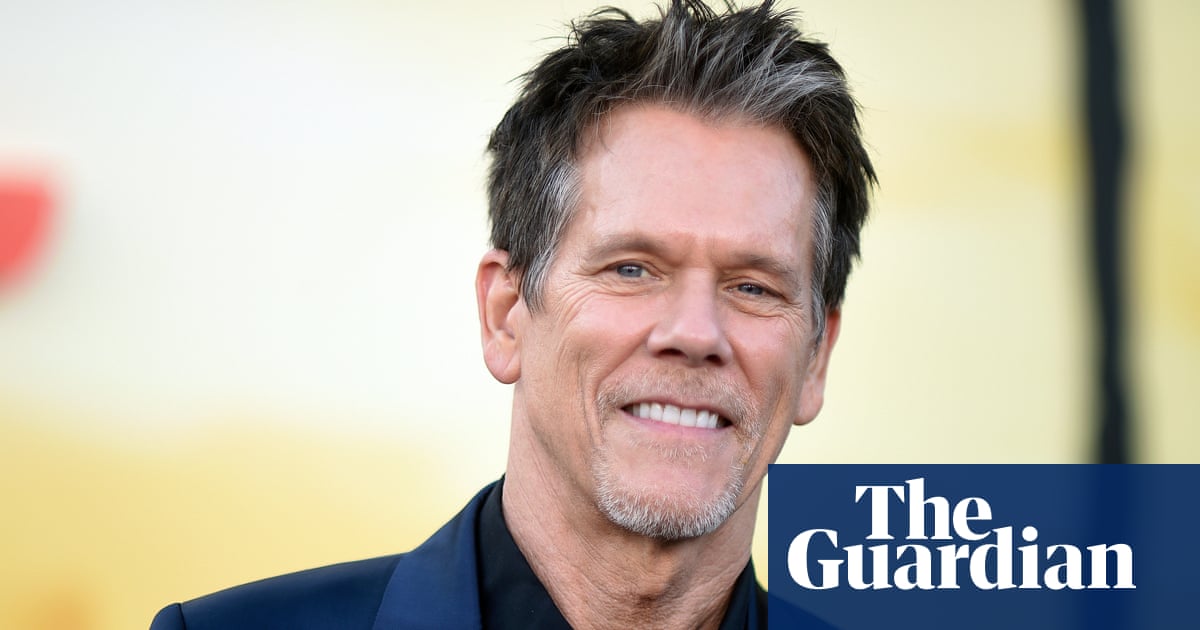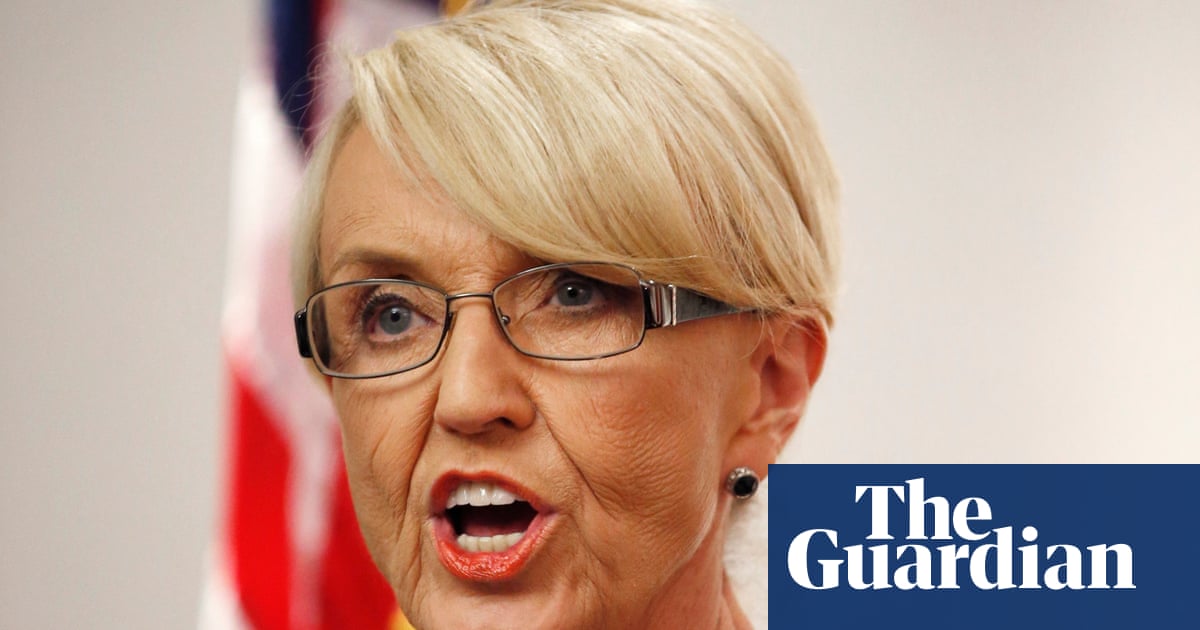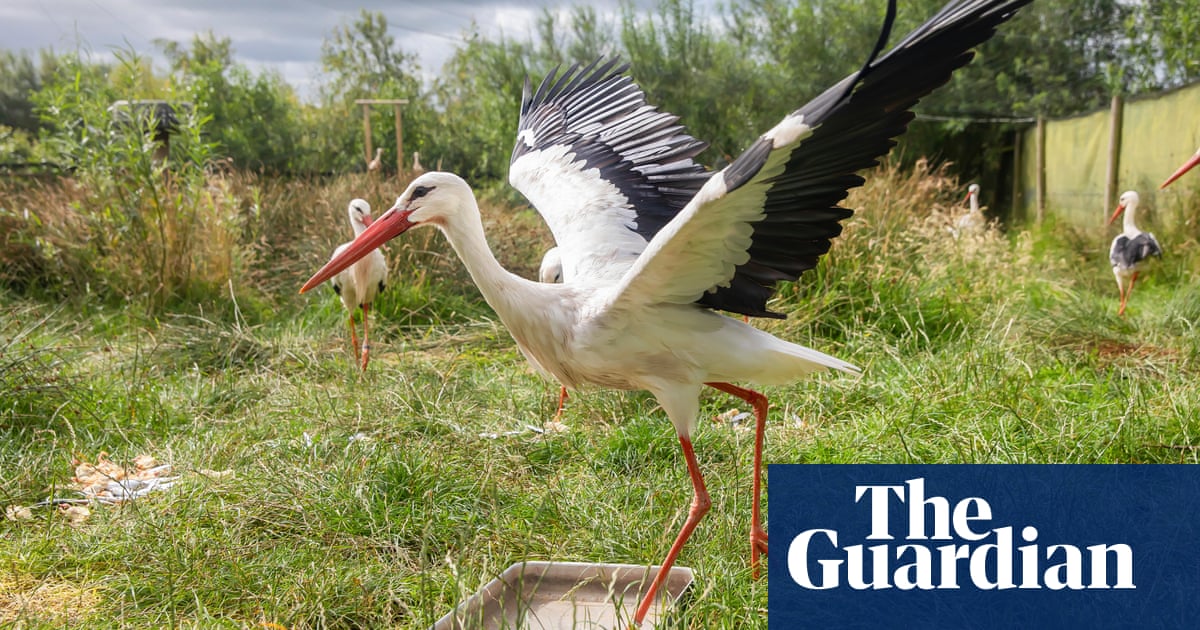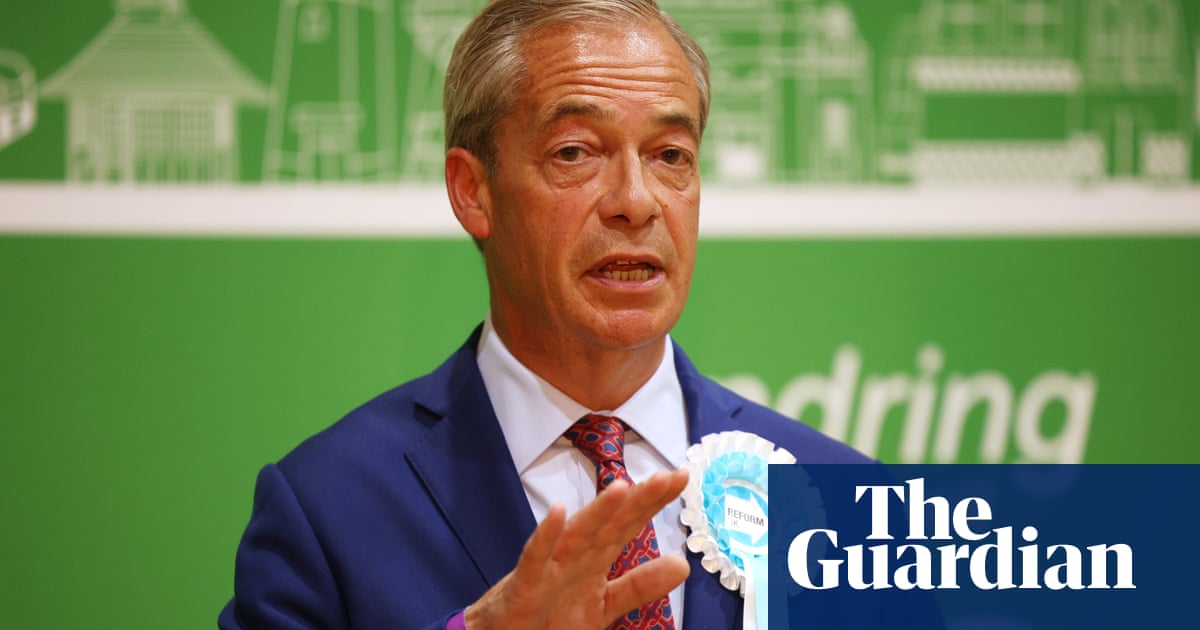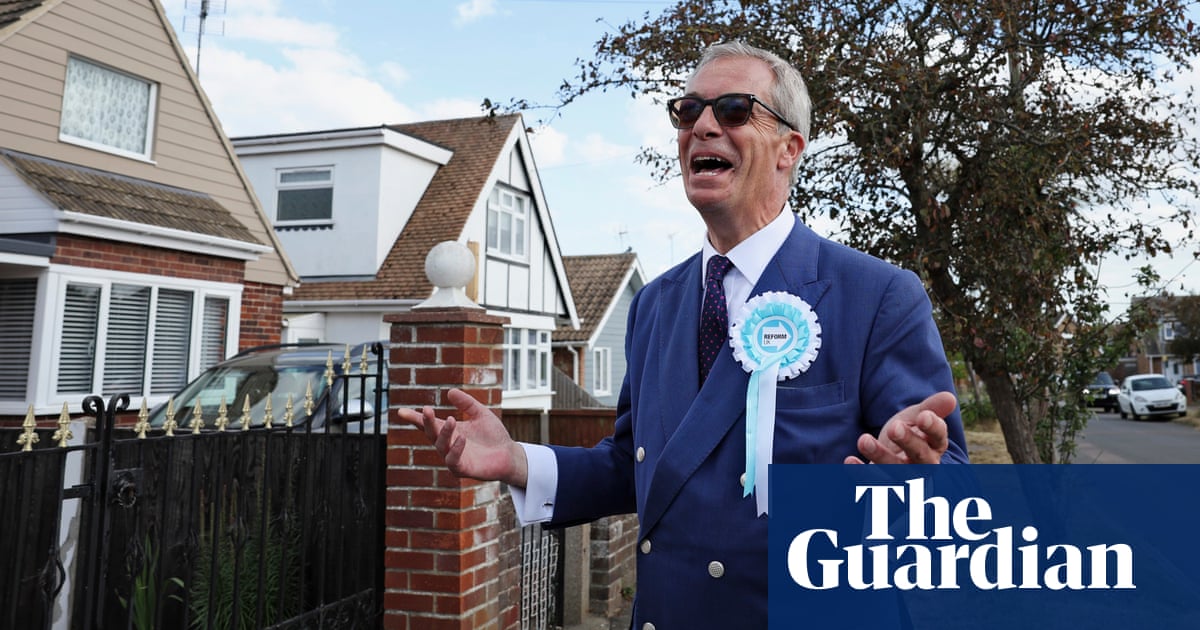The opening scene of the popular F/X drama The Bearâs latest season opens with troubled chef Carmen âCarmyâ Berzatto gazing at a deep scar in his hand. He vaguely explains its origin to his doctor girlfriend, Claire; the now-healed injury seems like nothing much to him. Attuned to what Carmy leaves unsaid, she asks if the wound hurt so much that he couldnât feel it at the time.
That delayed pain applies to Carmyâs other wounds: the mental health damage sustained in an abusive kitchen and a harsh upbringing. But now heâs passing his trauma on to his own restaurant staff as he pushes them toward their breaking points.
The symbolism of Carmyâs scar is not limited to his chaotic past. Itâs a direct example of the wellness of restaurant and hospitality workers. Because whether you are a dishwasher, pastry chef or prep cook, one universal truth of this work is its physically demanding nature.
I found this out firsthand 11 years ago during my first post-culinary school job. Like many of my fellow graduates, I was ambitious: while carrying a tattered copy of Anthony Bourdainâs Kitchen Confidential, I devoured the industryâs Eurocentric standards and histories of chefs such as Jean-Georges Vongerichten, Jacques Torres and Daniel Boulud (who made a cameo on The Bear this season, among other elite chefs). I was hungry like a nursing infant, greedy for life in the kitchen.
At a New York City restaurant famous for brunch and celebrity sightings, I met a line cook who suffered an injury that made me gasp. She accidentally dropped a gas cartridge, used in commercial whipped cream dispensers, into a vat of boiling sugar. It exploded in her face, leaving a deep and profound scar puckering down her forehead to her chin.
The reality of what food service actually entails struck me when the line cook returned to work the day after her injury. I mulled the question all cooks contemplate at some time: do I have enough physical and mental endurance to make something of myself in this industry? Even as series such as The Bear show us the pressures of working the âback of houseâ, they rarely depict how a life in cooking can ravage a body. To the contrary, they tend to romanticize the daily corporeal struggle.
In reality, shifts are filled with hazards and the prospect of pain. Knuckles licked by flames. Slippery floors. Threats to limbs from the giant Hobart mixer. Repetitive motion injuries from butchering meat or segmenting overflowing bins of citrus. And looming over it all might be a belligerent chef who could verbally eviscerate the staff or even physically assault them over an unfortunate mistake.
According to the US Bureau of Labor Statistics, 93,800 nonfatal injuries and illnesses were reported in full-service restaurants in 2019. And that number doesnât include the experiences of laborers who bore their pain silently.
A month into my first season as a line cook, I was beat down from an exhausting day that started with a 5am commute and ended after 5pm. Fatigue was my constant companion. My feet felt as if they had been pierced by shards of glass. I developed golf ball-sized cysts that were later diagnosed as polycystic ovarian syndrome; the job didnât cause them, but stress certainly aggravated them. Despite days of hard physical work, I was encouraged to skip âfamily mealsâ â the free work food offered to employees â to finish my prep. If I found a snack to quell my hunger, I was ordered to eat it crouched down and out of patronsâ view; the sight of a chewing chef is a big offense.
I was 21 and unable to navigate power in the kitchen or protect my wellbeing. We were taught to say âYes, chefâ automatically in culinary school. But we learned very little about how to work in a kitchen and live a healthy life at the same time.
I remember two pieces of candid advice from class: âFind a new hobby because now that your hobby is your career, youâll need a new creative outletâ and âdonât lock your kneesâ when standing at your station for hours at a time. That was the extent of my âphysical educationâ in culinary school.
Chef Dawn Sloan of Houston worked in fine dining restaurants in California and Spain; after returning stateside, she created the popular Soul Taco food truck, which she is planning to relaunch as a brick-and-mortar restaurant.
When I asked her for tips to stay healthy on the job, she said, more than a little seriously: âBuy your back brace now.â Still, she feels lucky to do something as risky as opening a restaurant because she once didnât know if she would be able to work restaurants again after a health scare.
While running a flat-top grill in the middle of a shift at a legendary three-Michelin star Spanish eatery, she experienced an unexpected and serious health crisis. âI was warming something up to go out on a plate, and all of a sudden I couldnât see. I thought it mustâve been because I was tired. But [the extreme blurriness] didnât go away.â Her retina had detached from the back of her eye.
She continued to work, groping her way through service. Only after finishing food for about 100 patrons did Sloan share what happened with her colleagues and seek help. All the while, she was arguing with her peers. She told them, âDonât call an ambulance. You donât call an ambulance to a three-star restaurantâ and disrupt its image of calm efficiency. What followed was months of surgeries and foreign hospital visits.
Why are chefs and other staff so willing to work through mental and physical afflictions in the kitchen? The main reasons are practical: low wages, lack of insurance, fear of losing their jobs or accusations that they just canât cut it. And as chef Thérèse Nelson told me: âFor a lot of folks whoâve been attracted to this profession through hyperstylized aesthetics in television shows, people are influenced to see the lack of self-care as a badge of honor.â
Her observation made me wonder: how can this change in a sector that essentially expects its workers to use their bodies like athletes do?
I found a bit of hope when I spoke to Christian Hunter. Heâs co-owner and culinary director of Chicago restaurant Atelier, which has earned a coveted Michelin star and garnered him a nomination for a regional James Beard Foundation award for best chef in 2023. He said: âIâm very ambitious, but not at the cost of my team. I rely on them.â
Hunter offers intentional connection as a counter to the hypermasculine and hierarchical world of professional kitchens, whose organization is modeled after military brigades and often ruled by an eat-or-be-eaten philosophy.
âYou need to ask yourself if you care about these people,â said Hunter. âI try my best to spend time with my team and connect outside of work.â He also monitors how much his team is working in an industry where 60-hour weeks are not uncommon. A rested laborer is less likely to hurt themselves or make mistakes, and just as a healthy animal makes for better meat, a healthy chef will make a better meal.
In Los Angeles, food stylist and culinary producer Alyssa Noui noticed a need to support industry workers experiencing duress from life in and outside the kitchen. Noui, who mostly deals with the âglamorousâ side of food, hosts semimonthly industry check-in events with Southern Smoke Foundation, an initiative to provide food and beverage workers with free mental health services and access to an emergency fund.
âThe check-in events have been a soft place to land within some of the discomforts the industry imposes while celebrating the passion that keeps us coming back to it,â she said.
Nelson, founder of the Black Culinary History project, understands both sides. She said: âThe kitchen is one of the few places that I feel whole and able to test my own excellence.â But it also may be where she developed chronic asthma and âthe lungs of a smokerâ despite never having smoked a day in her life. The chef and author spent years working the grill station at hotel restaurants; she chose those restaurants intentionally because she found that large hospitality workplaces tended to have human resources departments, better hours and insurance that many independent, elite or small restaurants lack.
Nelson said restaurant workersâ health should be the concern of everyone who is a part of the operation. And every operation should have some kind of wellness plan that goes beyond its first-aid or emergency policy. Entrepreneurs who open and own these establishments âneed to be mindful of their staffâs health and the financial investment of care plansâ. Creating more humane workplaces costs money, and she added those same restaurateurs will need to factor such expenses into their profit models and be clear âwith customers why the branzino might be $45â to support staff health.
Medical benefits are but one part of a wellness plan. It can also mean creating a work culture in which people have freedom to pause without shame.
Seattle restaurateur and James Beard emerging chef nominee Kristi Brown holds regular self-care check-ins with her staff at her noted eatery, Communion. Meditation is a part of manager meetings and also at a Sunday pre-shift meeting because she believes mindfulness aids âmental and spiritual clarityâ.
Saying âit is my intention to give as many tools as possible for folks to take care of themselvesâ, Brown plans on backing up the breathing exercises with enhanced benefits. Her goal is to pay 100% of her staffâs insurance premiums within the next two years â up from the 50% she now covers for employees working at least 28 hours a week.

